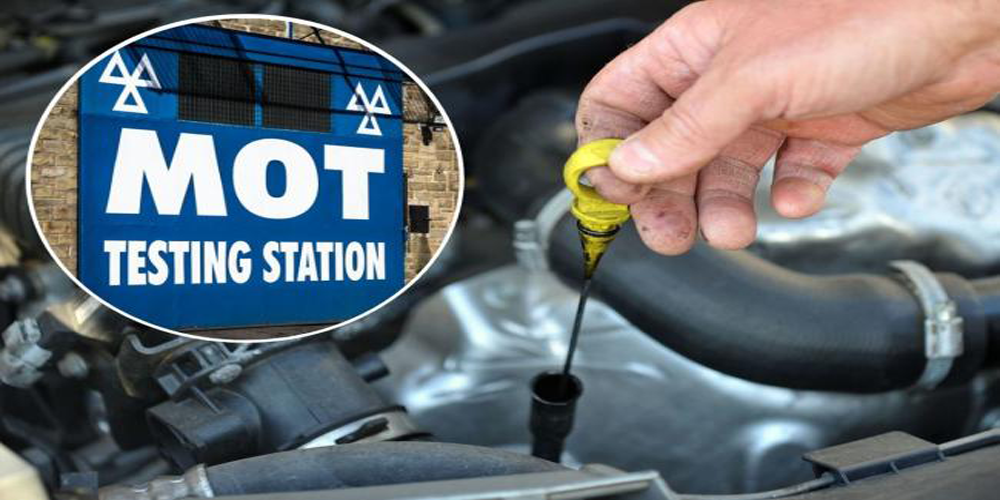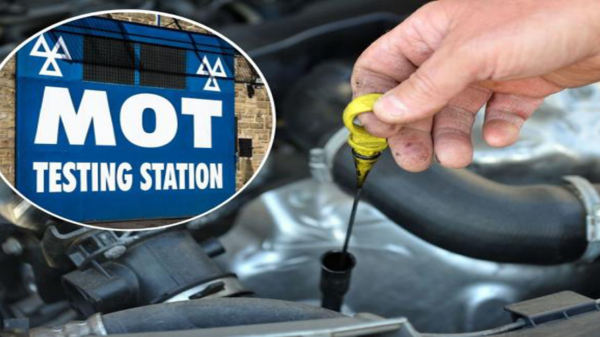AA warns cars could become ‘death traps on wheels’ if MOT test changes get the green light. As it stands, vehicle owners are required to put their cars, vans and motorcycles through MOT tests each year – but this could soon change to every two years instead.
As it stands, drivers are mandated by law to put their vehicle through an MOT test each and every year – to make sure it is roadworthy through safety checks on lights, seatbelts, tyres and brakes.
But new plans from the Conservative Government could see the legal requirement change to every two years instead – with new cars needing an initial MOT after four years of registration as opposed to the current three-year time frame.
The Mirror reports that the test itself could also change too, with a greater focus on emissions and electric and hybrid car batteries. A consultation into the proposal – which would cover cars, vans and motorbikes – launched on Wednesday.
However, motoring organisations have this week sounded the alarm over fears it could cause a huge increase in unsafe cars on the roads. Drivers who do not have a valid certificate can be fined up to £1,000.
Edmund King, president of the AA, told This is Money: “If you move the MOT from every year to two years that means you would have an increase of death traps on wheels on the road because there would be no independent check on those cars. And within two years, a driver doing 30,000 miles a year, it is very easy to have bald tyres and no brakes, and that’s why the MOT is good.”
RAC’s head of roads policy Nicholas Lyes added: “While we’re not opposed to delaying a new vehicle’s first MOT, we believe there should be a requirement for particularly high mileage vehicles to be tested sooner. If the Government is looking to improve the MOT, now is the ideal time to take into account how much a vehicle is driven alongside the number of years it’s been on the road.
“We’re also disappointed the Government is still entertaining the idea of increasing the time between MOTs. Our research clearly shows drivers don’t agree with this and believe it’s dangerous.”
Eric Smith, MOT scheme manager at Kwik Fit said: “We don’t believe there is good evidence to indicate that delaying a car’s first test beyond three years is a risk worth taking. In fact, the Government’s own forecasts show that delaying tests could lead to an increase in road casualties as well as a risk of more cars running with illegal emission levels.
“Of the vehicle defects listed as contributory factors to accidents, the Government data show that tyres are most common, and tyre condition is unrelated to vehicle age. Our experience shows that the annual check remains vital in not only improving the safety of our customers but also extending the life of their vehicles and reducing drivers’ overall maintenance costs.”
The Department for Transport (DfT) argues that an annual MOT test is no longer needed due to advances in vehicle technology – and claims the change would collectively save drivers around £100m. But motoring groups have challenged this saving and argued that delaying repairs could work out more costly in the long run.






















